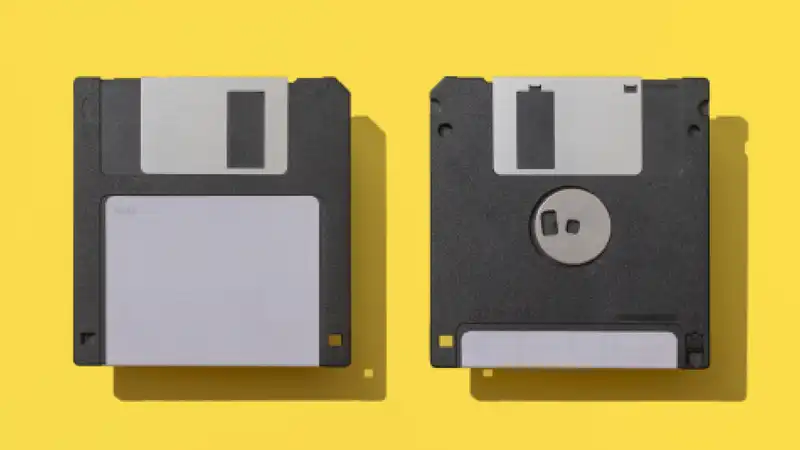The sound of a floppy disk drive crunching may tell the story of most of my youth. Please insert disks 4 and 5. Andy, no games for you. No games for you.
Leaving my childhood trauma aside for the moment, it turns out that floppy disks may not be as dead as we think. Incredibly, the San Francisco Municipal Transportation Agency relies on three 5.25-inch floppies to load the software needed to run the Muni Metro light rail's central server each morning. (via Ars Technica). Totally reasonable.
The good news is that the SFMTA is trying to update the system to remove its dependence on decades-old technology. The bad news, however, is that the initial planning took place in 2018, and due to some cobit-related delays, the project is scheduled to be completed in 2029-2030.
Excellent. Anyway, to the SFMTA's credit, it highlights exactly why floppy disk-based train control systems are a bad idea in this day and age. The agency's Director of Transportation, Jeffery Tamlin, succinctly states:
"The system is working fine now, but we know that as the years go by, the risk of data degradation on the floppy disks increases, and at some point a catastrophic failure will occur."
And when it comes to train accidents, the term "catastrophic failure" is enough to raise the hairs on the back of one's neck. The system was first used in 1998 and was expected to have a lifespan of 20 to 25 years. The life of the individual floppy disks themselves is difficult to estimate, but is said to be capped at 10 to 20 years if stored properly, and the last diskette manufacturer, Sony, discontinued production in 2010.
Still, this would not be the first time in recent years that it has become apparent that critical systems rely on outdated floppy disk technology. Boeing is updating at least some of its now-retired 747s with 3.5-inch floppies in 2020, and the U.S. nuclear arsenal relied on floppy drive-based computer systems until 2019.
Flying planes and nuclear weapons are undoubtedly critical systems that could cause disruption in the event of a glitch, no matter where the U.S. stores them these days, but so are trains.
Meanwhile, the humble floppy disk continues to survive in the most unlikely places, and in this case seems to cling to relevance for at least a few more years. Some technologies refuse to die. For that reason alone, I would like to pay tribute to the floppy. Now, where did I put the last "flogger" diskette?


Comments